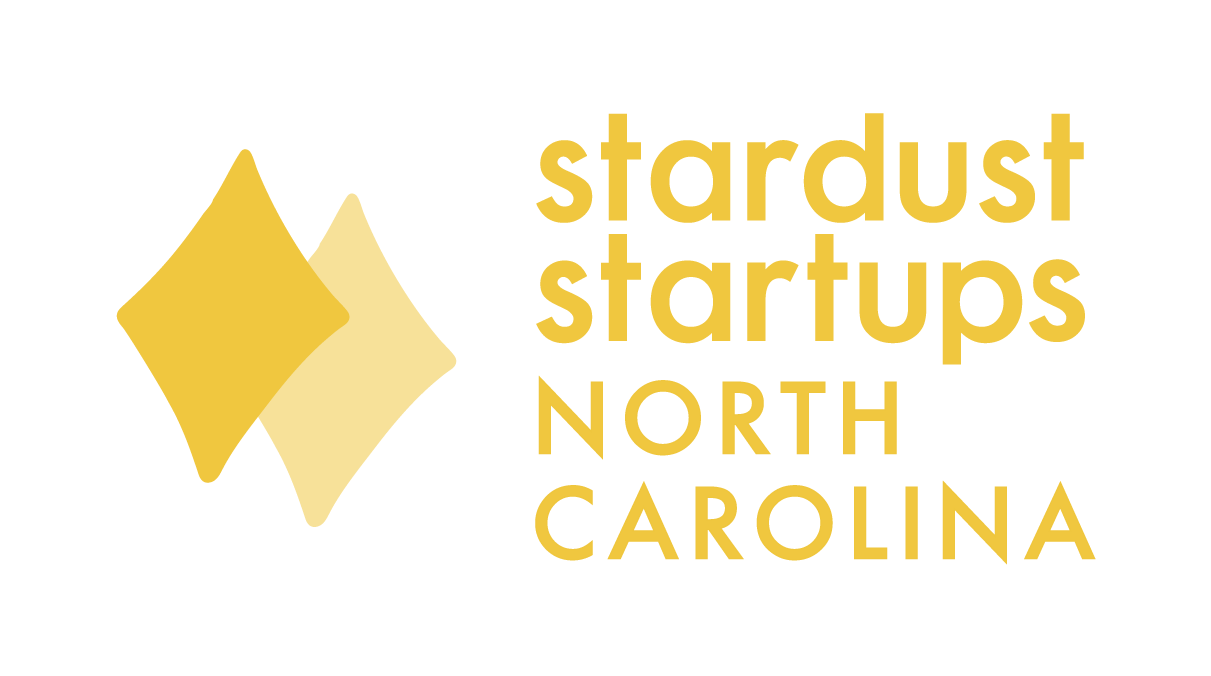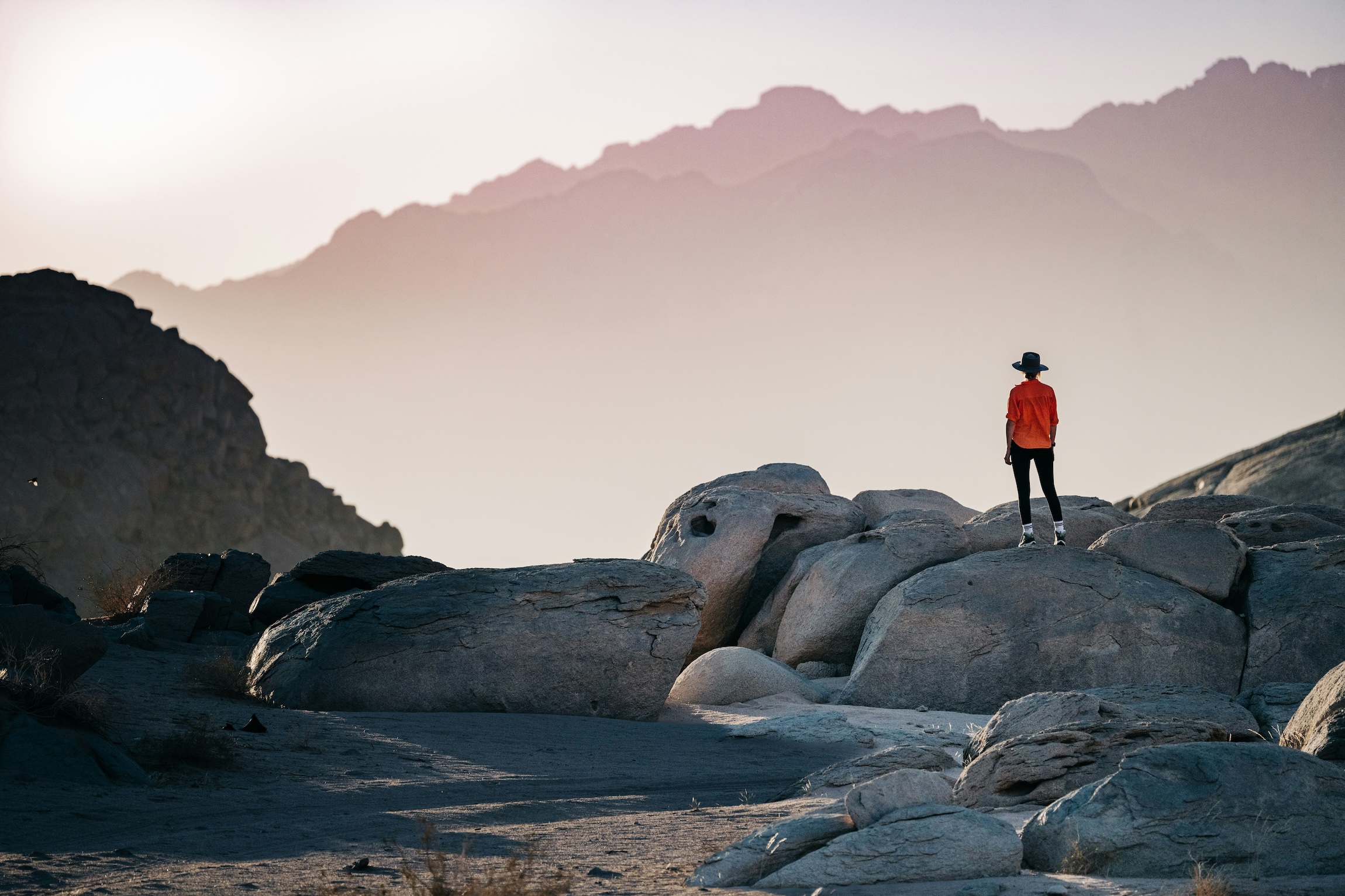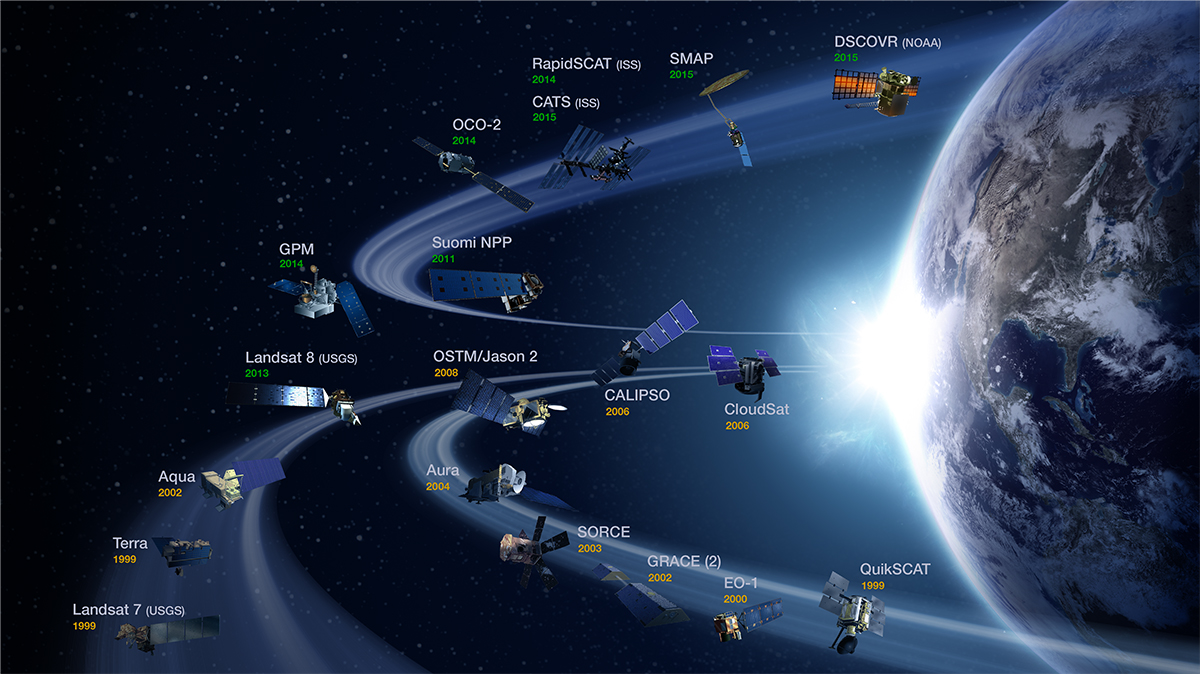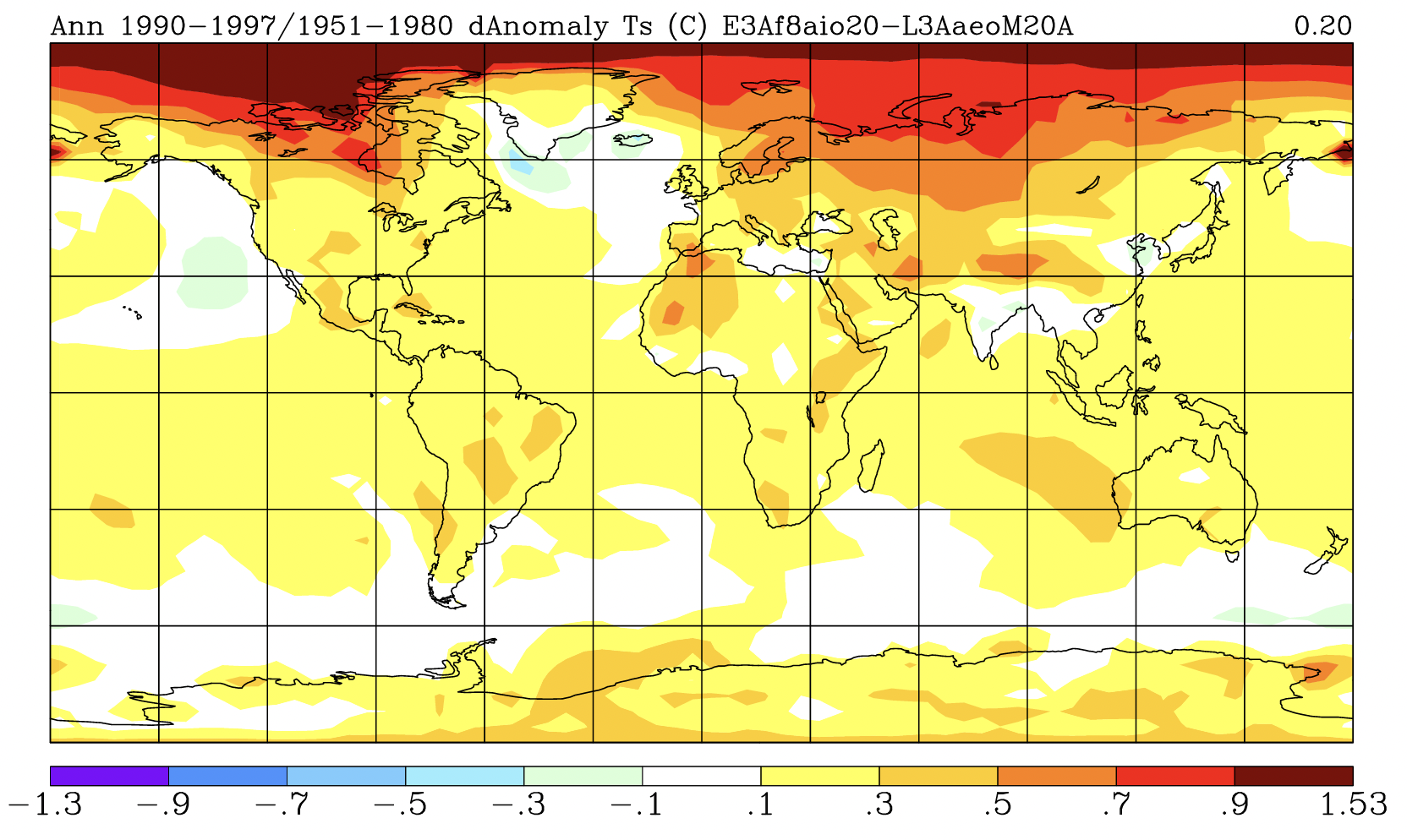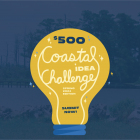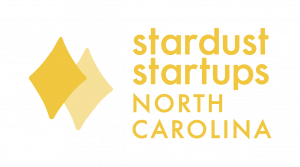As a student leaving graduate school, I am at a pretty uncertain stage in my life.
And recently whenever I interview for a job, one of the questions I always get asked is
“Tell me about a time you had to make a choice without all of the necessary information. How did you make the decision?”
Or they phrase it as:
“Talk about a time you had to move a project forward in an uncertain environment. How did you work through the ambiguity?”
At first I was extremely uncomfortable with these questions. My gut reaction was to emphasize to the potential employer that I would always work to put myself in a position where I had all of the information at my disposal before making any decisions.
However, as this genre of interview question appeared again and again, I began to realize that those would be the worst answers.
Beyond the cliches that “the only thing certain is change,” we need to understand that despite living in the age of information, uncertainty underlies everything we do and more importantly, realize that isn’t always a bad thing.
Uncertainty has always permeated human life and humans have always pushed back against it.
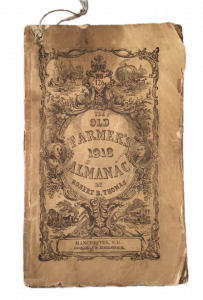 The Old Farmer’s Almanac, founded in 1792, recorded astronomical events and forecasted the weather. It became a longstanding bestseller because it offered farmers more reliable guidance on weather patterns than its competitors. Farmers, whose livelihoods rely on uncertain natural cycles and seasonal patterns, clung to any reductions in uncertainty.
The Old Farmer’s Almanac, founded in 1792, recorded astronomical events and forecasted the weather. It became a longstanding bestseller because it offered farmers more reliable guidance on weather patterns than its competitors. Farmers, whose livelihoods rely on uncertain natural cycles and seasonal patterns, clung to any reductions in uncertainty.
Yet despite tools like almanacs, ecological disasters such as the Dust Bowl still came as a surprise and wreaked havoc on the farmers of the American and Canadian prairies for almost a decade.
Even for those for whom farming is a distant concept, fluctuations in economic activity brought about by factors like GDP growth and interest rates make running a business or any kind of organization extremely unpredictable.
The Old Farmer’s Almanac is deemed by some to be almost 80% accurate. By current science standards, the processes used to make its forecasts are rudimentary when compared with weather prediction technology today which incorporates satellite tracking, radar systems, and statistical models.
Such models however, cannot overcome uncertainty.
As many know, 2023 was reported to be the hottest year on record. An interview with NASA Goddard Institute climatologist, Gavin Schmidt, revealed that even the Goddard Institute’s models did not see the record influx in temperatures coming.
He revealed that although the institute had the longest running time series data on global temperatures and had accounted for factors such as the solar cycle and El Niño, it was clear there was something unknown.
Schmidt noted that part of the uncertainty was due to insufficient data and a limited understanding of aerosols, tiny air particles including pollution, that are currently fluctuating in number.
Even science and data, which are often seen as our strongest defenses against uncertainty, cannot extinguish it altogether. We are living in a time period where geopolitical, climate, and economic forces are converging to breed what is seemingly everyday a more uncertain environment.
When we add our personal worries to the equation, it can simply feel like too much.
It becomes clear then that we exist at a crossroads: we can let the accompanying stress and anxieties paralyze us or we can use the uncertainty as an opportunity to take action. In a recent NPR podcast (listen below), author Maggie Jackson calls the latter “reading the moment.”
She details how being unsure allows you to better handle circumstances because it puts you in sync with everything (and everyone) around you. This doesn’t mean acting rashly or with abandon, but rather using your body’s heightened senses to pause and take stock of the situation before acting.
To me it was difficult to reconcile her theory with realities like 2023 being the hottest year on record.
However as I began to think back on the interview with Schmidt, it was evident that he was shocked when their model failed to predict the 0.27 degree rise in temperature.
But by the time he gave the interview, he had accepted that there were factors the model was missing. And instead of panicking, he was preparing to incorporate insights from a satellite the Goddard Institute institute is launching in the spring which will better map the world’s aerosols.
The climate crisis does not allow us to take too long of a pause. Food security as a result of more unpredictable weather patterns is expected to be threatened in the next thirty years if substantial action is not taken. Coastal communities are being ravaged by rising sea levels and flooding.
At the end of the interview, Schmidt was quite clear that the most important takeaway from the discussion was that by virtue of it being human action that is warming the climate, human action has the ability to change our course.
If as a society, we have agency, then action and collaboration between government, public sector actors, and private organizations has never been more important.

Jackson also notes that a higher tolerance for the unknown is intimately linked to a higher level of wellbeing, however this mentality is not always embodied by these actors.
Organizations must fully account for the serious risks of the warming globe and in order to do this studies point to emerging technologies that help integrate climate-related data into short and long term decision-making processes as being crucial.
However, sometimes a call to action at the local level can still be invaluable.
Stardust Startups North Carolina is doing just that with their $500 Coastal Ideas Challenge. Collaborating with North Carolina’s State University’s Blue Economy Innovations Program, they are offering support for emerging entrepreneurs and their blue economy innovations for the region.
The upcoming Blue Economy Business Forum (March 15th in Morehead City) will also connect economic and environmental voices to bolster startup climate action.
By providing the space for all these groups to talk openly about their fears, uncertainties and plans, they can discover what they collectively don’t know, and take action to do something about what they face.
Whether it is a test result, job offer, or a blue economy innovation that we await, it’s possible to spend our entire lives waiting for more information and failing to move.
Whether they realized it or not, those hiring managers pushed me to begin getting more comfortable acting amidst uncertainty. By no means am I fully assured in entering the next phase of my life, but I have begun to more productively grapple with life’s underlying uncertainties.
When doing this, I always come back to the idea that while human beings are perennially unsure, we are also perennially innovative.
Interested in the Coastal Idea Challenge? Applications close April 11, 2024. Learn more here.
About the author
Julia Enright is a graduate of McGill University in Economics and English Literature. She’s currently working in Montreal where she loves to explore the city. She believes that open dialogue on social and environmental issues is crucial. Get in touch with her at julia[at]starduststartupfactory.org
Also in Stardust news & notes…

